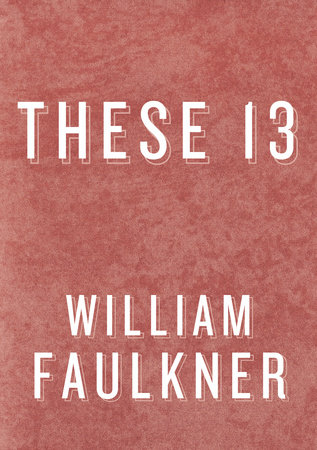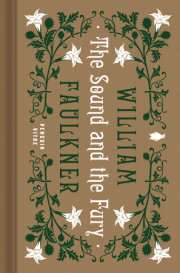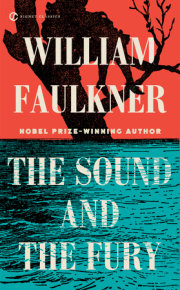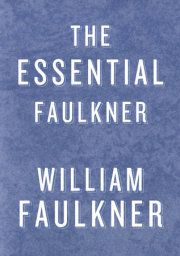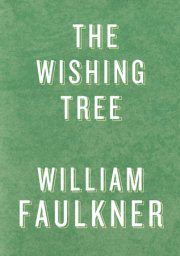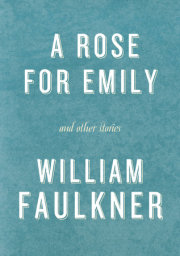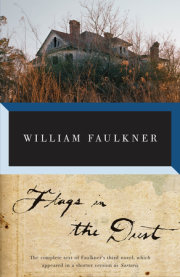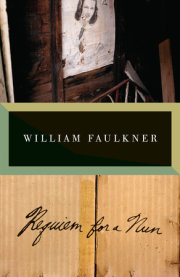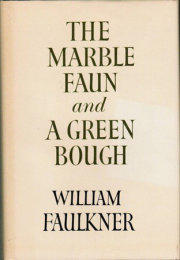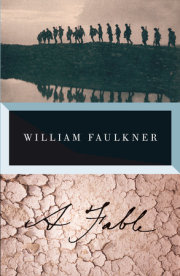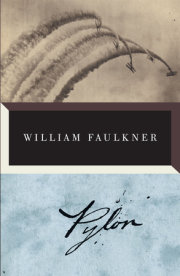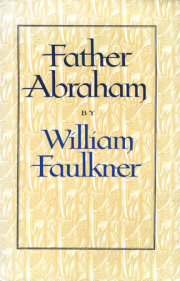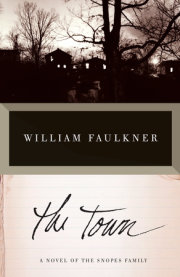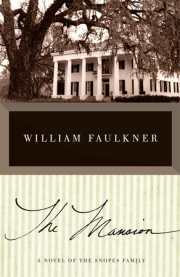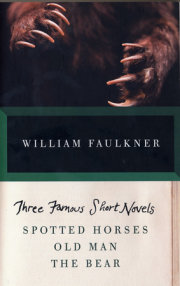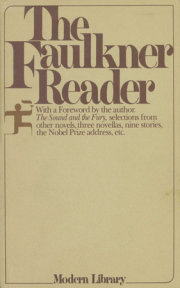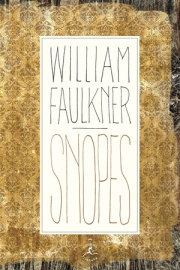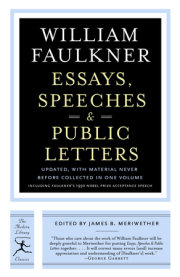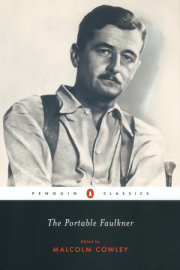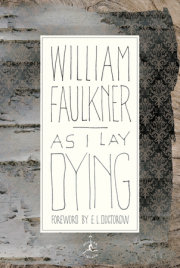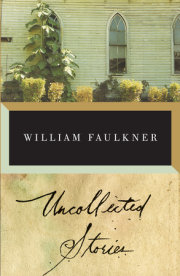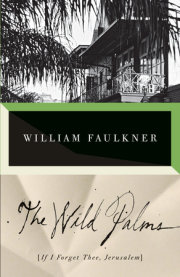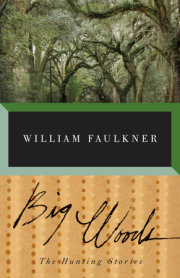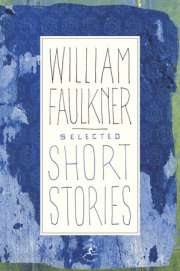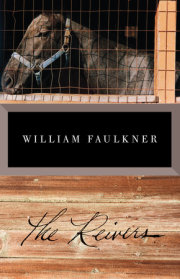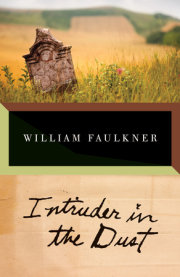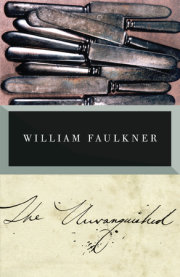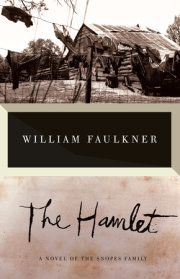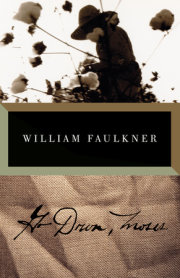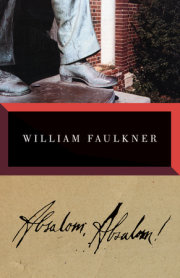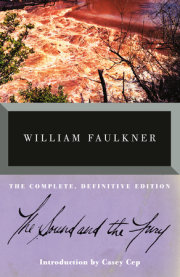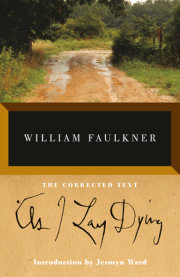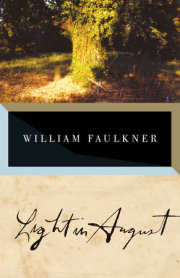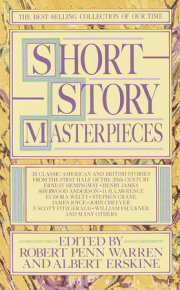VICTORY
I
Those who saw him descend from the Marseilles express in the Gare de Lyon on that damp morning saw a tall man, a little stiff, with a bronze face and spike-ended moustaches and almost white hair. “A milord,” they said, remarking his sober, correct suit, his correct stick correctly carried, his sparse baggage; “a milord military. But there is something the matter with his eyes.” But there was something the matter with the eyes of so many people, men and women too, in Europe since four years now. So they watched him go on, a half head above the French people, with his gaunt strained eyes, his air strained, purposeful, and at the same time assured, and vanish into a cab, thinking, if they thought about him any more at all: “You will see him in the Legation offices or at a table on the Boulevards, or in a carriage with the fine English ladies in the Bois.” That was all.
And those who saw him descend from the same cab at the Gare du Nord, they thought: “This milord returns home by haste”; the porter who took his bag wished him good morning in fair English and told him that he was going to England, receiving for reply the English glare which the porter perhaps expected, and put him into a first-class carriage of the boat train. And that was all, too. That was all right, too, even when he got down at Amiens. English milords even did that. It was only at Rozieres that they began to look at him and after him when he had passed.
In a hired car he jounced through a gutted street between gutted walls rising undoored and unwindowed in jagged shards in the dusk. The street was partially blocked now and then by toppled walls, with masses of masonry in the cracks of which a thin grass sprouted, passing empty and ruined courtyards, in one of which a tank, mute and tilted, rusted among rank weeds. This was Rozieres, but he didn’t stop there because no one lived there and there was no place to stop.
So the car jounced and crept on out of the ruin. The muddy and unpaved street entered a village of harsh new brick and sheet iron and tarred paper roofs made in America, and halted before the tallest house. It was flush with the street: a brick wall with a door and one window of American glass bearing the word RESTAURANT. “Here you are, sir,” the driver said.
The passenger descended, with his bag, his ulster, his correct stick. He entered a biggish, bare room chill with new plaster. It contained a billiard table at which three men played. One of the men looked over his shoulder and said,
“Bonjour, monsieur.”
The newcomer did not reply at all. He crossed the room, passing the new zinc bar, and approached an open door beyond which a woman of any age around forty looked at him above the sewing on her lap.
“Bong jour, madame,” he said. “Dormie, madame?”
The woman gave him a single glance, brief, still. “C’est ça, monsieur,” she said, rising.
“Dormie, madame?” he said, raising his voice a little, his spiked moustache beaded a little with rain, dampness beneath his strained yet assured eyes. “Dormie, madame?”
“Bon, monsieur,” the woman said. “Bon. Bon.”
“Dor—” the newcomer essayed again. Someone touched his arm. It was the man who had spoken from the billiard table when he entered.
“Regardez, Monsieur l’Anglais,” the man said. He took the bag from the newcomer and swept his other arm toward the ceiling. “La chambre.” He touched the traveler again; he laid his face upon his palm and closed his eyes; he gestured again toward the ceiling and went on across the room toward a wooden stair without balustrade. As he passed the bar he took a candle stub from it and lit the candle (the big room and the room beyond the door where the woman sat were lighted by single bulbs hanging naked on cords from the ceiling) at the foot of the stair.
They mounted, thrusting their fitful shadows before them, into a corridor narrow, chill, and damp as a tomb. The walls were of rough plaster not yet dried. The floor was of pine, without carpet or paint. Cheap metal doorknobs glinted symmetrically. The sluggish air lay like a hand upon the very candle. They entered a room, smelling too of wet plaster, and even colder than the corridor; a sluggish chill almost substantial, as though the atmosphere between the dead and recent walls were congealing, like a patent three-minute dessert. The room contained a bed, a dresser, a chair, a washstand; the bowl, pitcher, and slop basin were of American enamel. When the traveler touched the bed the linen was soundless under his hand, coarse as sacking, clinging damply to the hand in the dead air in which their two breathings vaporized in the faint candle.
The host set the candle on the dresser. “Dîner, monsieur?” he said. The traveler stared down at the host, incongruous in his correct clothes, with that strained air. His waxed moustaches gleamed like faint bayonets above a cravat striped with what the host could not have known was the patterned coloring of a Scottish regiment. “Manger?” the host shouted. He chewed violently in pantomime. “Manger?” he roared, his shadow aping his gesture as he pointed toward the floor.
“Yes,” the traveler shouted in reply, their faces not a yard apart. “Yes. Yes.”
The host nodded violently, pointed toward the floor and then at the door, nodded again, went out.
He returned below stairs. He found the woman now in the kitchen, at the stove. “He will eat,” the host said.
“I knew that,” the woman said.
“You would think that they would stay at home,” the host said. “I’m glad I was not born of a race doomed to a place too small to hold all of us at one time.”
“Perhaps he has come to look at the war,” the woman said.
“Of course he has,” the host said. “But he should have come four years ago. That was when we needed Englishmen to look at the war.”
“He was too old to come then,” the woman said. “Didn’t you see his hair?”
“Then let him stay at home now,” the host said. “He is no younger.”
“He may have come to look at the grave of his son,” the woman said.
“Him?” the host said. “That one? He is too cold to ever have had a son.”
“Perhaps you are right,” the woman said. “After all, that is his affair. It is our affair only that he has money.”
“That’s right,” the host said. “A man in this business, he cannot pick and choose.”
“He can pick, though,” the woman said.
“Good!” the host said. “Very good! Pick! That is worth telling to the English himself.”
“Why not let him find it out when he leaves?”
“Good!” the host said. “Better still. Good! Oh, good!”
“Attention,” the woman said. “Here he comes.”
They listened to the traveler’s steady tramp, then he appeared in the door. Against the lesser light of the bigger room, his dark face and his white hair looked like a kodak negative.
The table was set for two, a carafe of red wine at each place. As the traveller seated himself, the other guest entered and took the other place—a small, rat-faced man who appeared at first glance to have no eyelashes at all. He tucked his napkin into the top of his vest and took up the soup ladle (the tureen sat between them in the center of the table) and offered it to the other. “Faites-moi l’honneur, monsieur,” he said. The other bowed stiffly, accepting the ladle. The small man lifted the cover from the tureen. “Vous venez examiner ce scène de nos victoires, monsieur?” he said, helping himself in turn. The other looked at him. “Monsieur l’Anglais a peutêtre beaucoup des amis qui sont tombés en voisinage.”
“A speak no French,” the other said, eating.
The little man did not eat. He held his yet unwetted spoon above his bowl. “What agreeable for me. I speak the Engleesh. I am Suisse, me. I speak all langue.” The other did not reply. He ate steadily, not fast. “You ave return to see the grave of your galant countreemans, eh? You ave son here, perhaps, eh?”
“No,” the other said. He did not cease to eat.
“No?” The other finished his soup and set the bowl aside. He drank some wine. “What deplorable, that man who ave,” the Swiss said. “But it is finish now. Not?” Again the other said nothing. He was not looking at the Swiss. He did not seem to be looking at anything, with his gaunt eyes, his rigid moustaches upon his rigid face. “Me, I suffer too. All suffer. But I tell myself, What would you? It is war.”
Still the other did not answer. He ate steadily, deliberately, and finished his meal and rose and left the room. He lit his candle at the bar, where the host, leaning beside a second man in a corduroy coat, lifted a glass slightly to him. “Au bon dormir, monsieur,” the host said.
The traveler looked at the host, his face gaunt in the candle, his waxed moustaches rigid, his eyes in shadow. “What?” he said. “Yes. Yes.” He turned and went toward the stairs. The two men at the bar watched him, his stiff, deliberate back.
Ever since the train left Arras, the two women had been watching the other occupant of the carriage. It was a third-class carriage because no first-class trains ran on this line, and they sat with their shawled heads and the thick, still hands of peasants folded upon closed baskets on their laps, watching the man sitting opposite them—the white distinction of the hair against the bronze, gaunt face, the needles of the moustaches, the foreign-made suit and the stick—on a worn and greasy wooden seat, looking out the window. At first they had just looked, ready to avert their gaze, but as the man did not seem to be aware of them, they began to whisper quietly to one another behind their hands. But the man did not seem to notice this, so they soon were talking in undertone, watching with bright, alert, curious eyes the stiff, incongruous figure leaning a little forward on the stick, looking out a foul window beyond which there was nothing to see save an occasional shattered road and man-high stump of shattered tree breaking small patches of tilled land whorled with apparent unreason about islands of earth indicated by low signboards painted red, the islands inscrutable, desolate above the destruction which they wombed. Then the train, slowing, ran suddenly among tumbled brick, out of which rose a small house of corrugated iron bearing a name in big letters; they watched the man lean forward.
“See!” one of the women said. “His mouth. He is reading the name. What did I tell you? It is as I said. His son fell here.”
“Then he had lots of sons,” the other woman said. “He has read the name each time since we left Arras. Eh! Eh! Him a son? That cold?”
“They do get children, though.”
“That is why they drink whisky. Otherwise …”
“That’s so. They think of nothing save money and eating, the English.”
Presently they got out; the train went on. Then others entered the carriage, other peasants with muddy boots, carrying baskets or live or dead beasts; they in turn watched the rigid, motionless figure leaning at the window while the train ran across the ruined land and past the brick or iron stations among the tumbled ruins, watching his lips move as he read the names. “Let him look at the war, about which he has apparently heard at last,” they told one another. “Then he can go home. It was not in his barnyard that it was fought.”
“Nor in his house,” a woman said.
Copyright © 2013 by William Faulkner. All rights reserved. No part of this excerpt may be reproduced or reprinted without permission in writing from the publisher.

